Very Short Answers - Reproduction in Animals, Science, Class 8 | Science Class 8 PDF Download
Very Short Answer Type Questions
Q1: Name the processes which are essential for the survival of individuals.
Ans: Digestion, circulation, excretion and respiration.
Q2: What do you mean by reproduction?
Ans: The process which is essential for the continuation of species is called reproduction.
Q3: What are different modes of reproduction?
Ans:
- Sexual Reproduction
- Asexual Reproduction ( Budding, Binary Fission)
Q4: Define the term sexual reproduction.
Ans: The process of reproduction in which fusion of male and female gametes takes place is called sexual reproduction.
Q5: What is male gamete?
Ans: The reproductive cell produced by male reproductive organs is called male gamete.
 Male GameteQ6: What is female gamete?
Male GameteQ6: What is female gamete?
Ans: The reproductive cell produced by female reproductive organs is called female gamete.
Female Gamete
Q7: Name the male gamete.
Ans: Sperm.
Sperm
Q8: What is name of the reproductive organ which produces sperm?
Ans: A pair of testes.
Male Reproductive Organ
Q9: Name the female gamete.
Ans: Ovum or egg cell.
Ovum
Q10: Which organ produces the ovum?
Ans: A pair of ovaries.
Ovaries
Q 11: What do you mean by fertilisation?
Ans: The process of fusion of male and female gametes to produce zygote is called fertilisation.
Fertilisation
Q12: Name male reproductive organs.
Ans: A pair of testes, two sperm ducts and a penis.
Male Reproductive Organs
Q13: Write the names of female reproductive organs.
Ans: A pair of ovaries, oviducts and uterus.
Ovaries
Q14: What is the other name of oviducts?
Ans: Fallopian tubes.
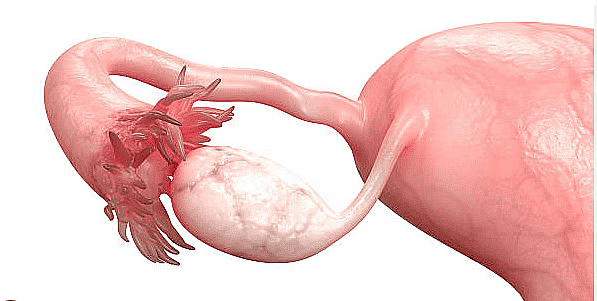 Fallopian TubesQ15: How many types of fertilization are there?
Fallopian TubesQ15: How many types of fertilization are there?
Ans: There are two types of fertilization:
- External Fertilization
- Internal Fertilization
Q16: What types of fertilization takes place in humans?
Ans: Internal fertilization.
Q17: What type of fertilisation takes place in frog?
Ans: External fertilisation.
Q18: Write full form of IVF.
Ans: In Vitro Fertilisation.
Q19: What are test-tube babies?
Ans: The babies born through IVF technique are called test-tube babies.
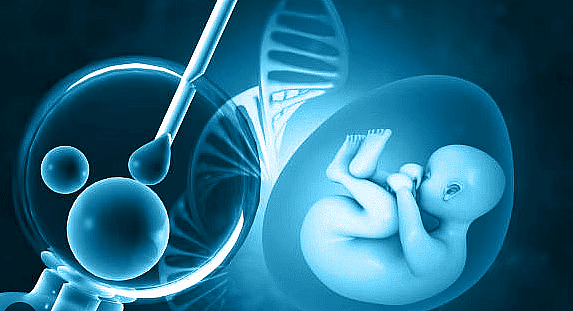 Test-Tube BabyQ20: What is embryo?
Test-Tube BabyQ20: What is embryo?
Ans: The developing zygote having group of cells that develop into tissues and organs, is called embryo.
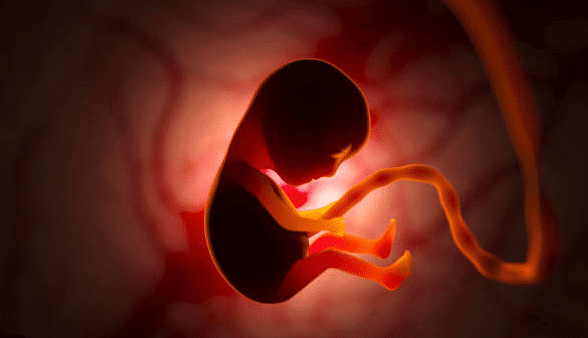 EmbryoQ21: Where does development of embryo take place in the body of female?
EmbryoQ21: Where does development of embryo take place in the body of female?
Ans: The embryo develops in the uterus of female reproductive organ.
Q22: What is foetus?
Ans: The well developed embryo is called foetus.
Q23: Where does the development of embryo take place in those animals which undergo external fertilisation?
Ans: Outside the female body in open
Q24: What are viviparous animals?
Ans: The animals which give birth to young ones are called viviparous animals.
Q25: What are oviparous animals?
Ans: The animals which lay eggs are called oviparous animals.
Q26: Give some examples of viviparous animals.
Ans: Cow, dog, cat and human beings.
Cow
Q27: Give some examples of oviparous animals.
Ans: Hen, lizards etc. and all birds.
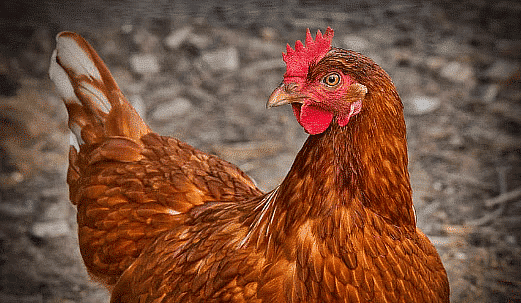 HenQ28: What do you understand by metamorphosis?
HenQ28: What do you understand by metamorphosis?
Ans. The transformation of larva into adult through drastic changes is called metamorphosis.
Q 29: Do we also undergo metamorphosis?
Ans: No, we do not undergo metamorphosis.
Q30: Define the term asexual reproduction.
Ans: When only single parent is involved in reproduction, then it is called asexual reproduction.
Q31: Name the various methods of asexual reproduction in animals.
Ans:
- Binary Fission
- Budding
Q32: Write an animal’s name in which asexual reproduction takes place by budding?
Ans: Hydra.
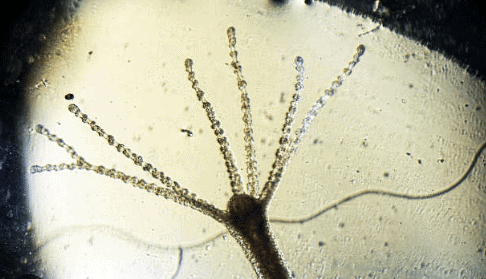 HydraQ 33: What type of reproduction takes place in amoeba?
HydraQ 33: What type of reproduction takes place in amoeba?
Ans: Asexual reproduction by binary fission.
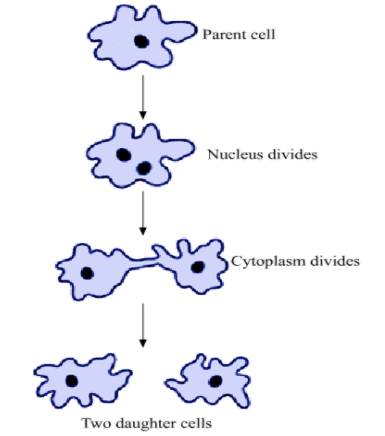
|
92 videos|419 docs|44 tests
|
FAQs on Very Short Answers - Reproduction in Animals, Science, Class 8 - Science Class 8
| 1. What is reproduction in animals? |  |
| 2. How do animals reproduce? |  |
| 3. What are the different modes of animal reproduction? |  |
| 4. What is the significance of reproduction in animals? |  |
| 5. Can you give examples of animals with different modes of reproduction? |  |

















